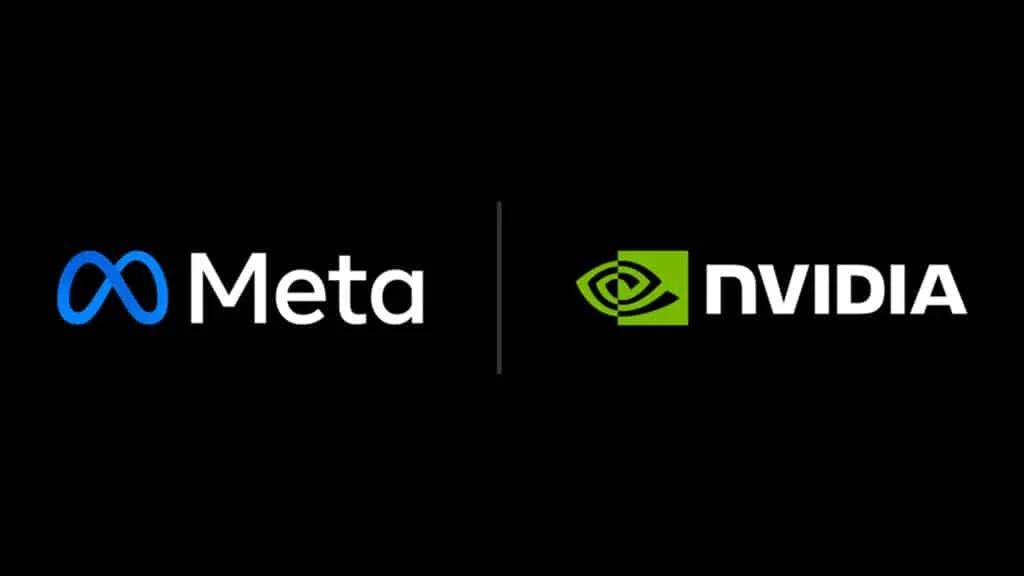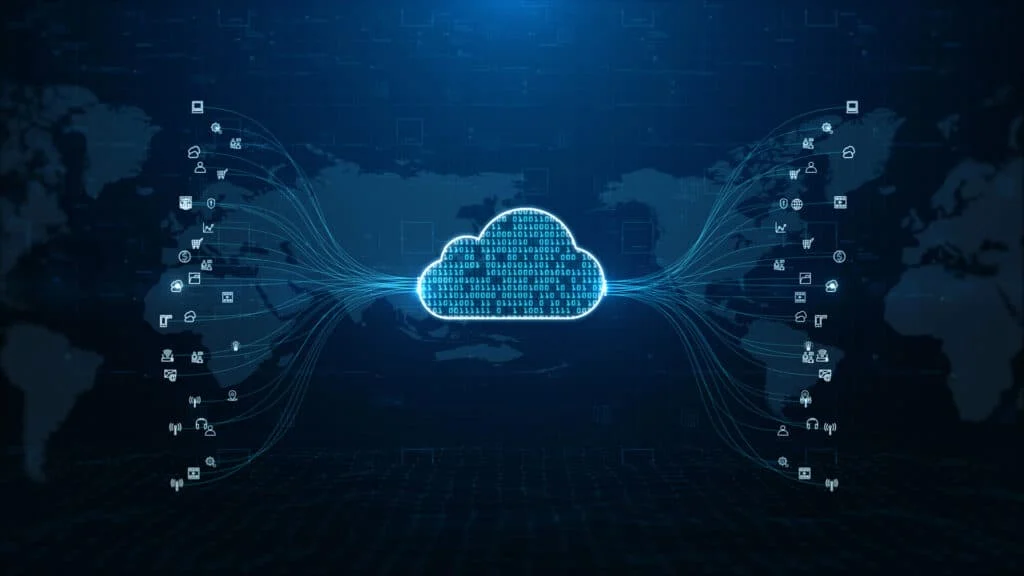The News: VAST Data has announced support for VAST Data Platform on Google Cloud. The announcement provides organizations flexibility to deploy VAST in Google Cloud independently or as part of a hybrid cloud deployment. More information can be found in the press release on the VAST website.
VAST Data Extends to Google Cloud
Analyst Take: VAST Data announced new support for running VAST clusters in Google Cloud. This announcement builds upon similar announcements for Amazon Web Services (AWS) that were made last year, and ultimately expands VAST’s footprint in cloud environments.
The announcement states that VAST clusters can be utilized in Google Cloud both independently or as part of a hybrid approach alongside on-premises VAST deployments. This hybrid cloud support highlights the VAST Dataspace, which offers a global namespace across environments, enabling organizations to store, manage, and move their data wherever it is needed, now including Google Cloud.
Ultimately, this announcement provides VAST Data users with more deployment options and greater flexibility. Google will additionally benefit, as the addition of VAST Data provides them with a compelling data platform offering that is well suited for AI.
As organizations continue building AI applications, support for hybrid cloud flexibility will be greatly beneficial. Both public clouds and on-premises data centers will have their own advantages and disadvantages when considering specific AI applications as well as when considering training versus inferencing. Public clouds offer greater flexibility and access to on-demand resources that may be crucial to model training, while on-premises deployments may better fit organizations’ data privacy and compliance needs. Likewise, organizations may have preferences to leverage different cloud providers, such as Google or AWS, in different circumstances. By adding cloud support and global management functionality with VAST Dataspace, VAST Data is providing this flexibility to allow organizations to leverage their data how and where they need it to power their AI applications.
Disclosure: The Futurum Group is a research and advisory firm that engages or has engaged in research, analysis, and advisory services with many technology companies, including those mentioned in this article. The author does not hold any equity positions with any company mentioned in this article.
Analysis and opinions expressed herein are specific to the analyst individually and data and other information that might have been provided for validation, not those of The Futurum Group as a whole.
Other Insights from The Futurum Group:
Pure Storage and NVIDIA Announce New Reference Architectures for AI
MinIO Announces Enterprise Object Store
VAST Data Announces New Data Center Architecture to Accelerate AI
Author Information
Mitch comes to The Futurum Group through the acquisition of the Evaluator Group and is focused on the fast-paced and rapidly evolving areas of cloud computing and data storage. Mitch joined Evaluator Group in 2019 as a Research Associate covering numerous storage technologies and emerging IT trends.
With a passion for all things tech, Mitch brings deep technical knowledge and insight to The Futurum Group’s research by highlighting the latest in data center and information management solutions. Mitch’s coverage has spanned topics including primary and secondary storage, private and public clouds, networking fabrics, and more. With ever changing data technologies and rapidly emerging trends in today’s digital world, Mitch provides valuable insights into the IT landscape for enterprises, IT professionals, and technology enthusiasts alike.







